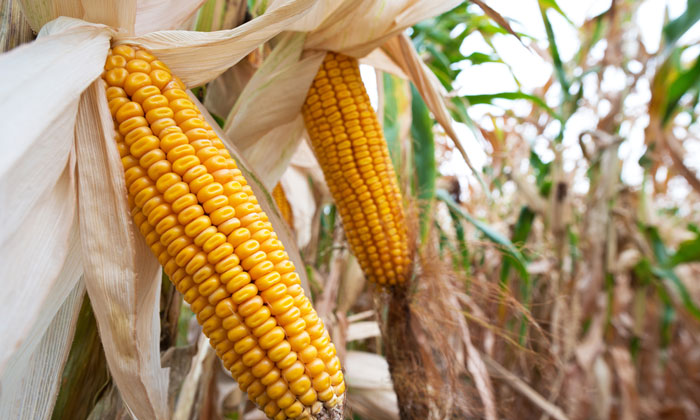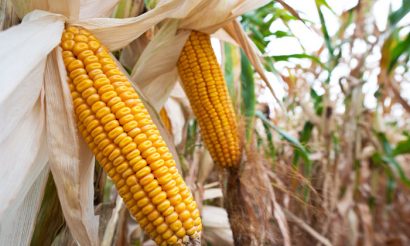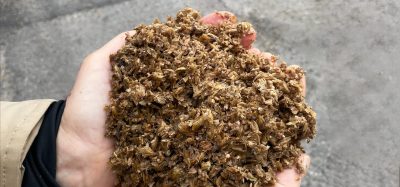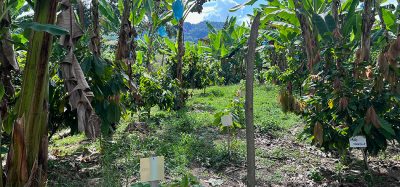European governments about to vote on the authorisation of three GM maize
- Like
- Digg
- Del
- Tumblr
- VKontakte
- Buffer
- Love This
- Odnoklassniki
- Meneame
- Blogger
- Amazon
- Yahoo Mail
- Gmail
- AOL
- Newsvine
- HackerNews
- Evernote
- MySpace
- Mail.ru
- Viadeo
- Line
- Comments
- Yummly
- SMS
- Viber
- Telegram
- Subscribe
- Skype
- Facebook Messenger
- Kakao
- LiveJournal
- Yammer
- Edgar
- Fintel
- Mix
- Instapaper
- Copy Link
Posted: 21 March 2017 | Slow Food | No comments yet
GM maize is about to be validated by European governments as Slow Food say no to the move…


On March 27, 2017 the European governments sitting on the Appeal Committee will decide on the authorisation of two new genetically modified (GM) maize varieties for cultivation in the European Union – Pioneer’s 1507 and Syngenta’s Bt11 – as well as the renewal of authorisation for MON 810.
On last January 27 the necessary qualified majority was not achieved to adopt a final decision on the three authorisations. On that occasion, some European states that have banned the cultivation of GMOs in their territory – including Italy, Lithuania and the Netherlands – voted in favour of the authorisation at the European level.
According to Slow Food, banning GMOs on its territory and voting in favour of their authorisation on the rest of Europe is a hypocrisy. Representatives of EU countries should once and for all come to terms with the fact that citizens do not want GMOs in Europe, stop arguing about their possible authorisation and focus instead on solving the real challenges of the European food system: the abandonment of the countryside, the disappearance of numerous farms, the loss of food biodiversity in fields and on our tables, the pollution of water, air and soil caused by industrial agriculture, and so on. GMOs would not give us an answer to any of these problems.
Slow Food launches an appeal for the next vote scheduled for March 27 to call on the EU governments to reiterate a clear ‘No’ to GMOs, thus respecting the wish expressed several times by European citizens.
To strengthen this appeal to our decision makers, Slow Food has written a document stating its official position on genetically modified organisms, analysing the problems related to the use of these crops in terms of denial of the right to food, the risks to the environment, the concerns for the health of humans and animals and the role of research.
For Slow Food, genetically modified organisms are the extreme point of an agricultural, economic and political system that is increasingly concentrating power in the hands of a few, not only benefiting corporations but also harming rural communities and consumers as well as the environment and biodiversity.
Slow Food’s position paper on genetically modified organisms is available here.










